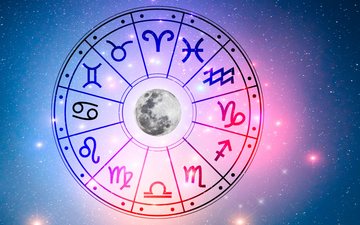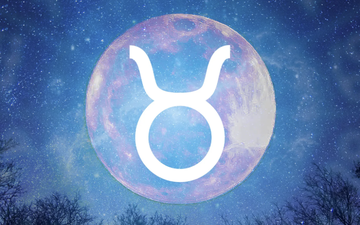
What attracts us so much to reality shows?
We believe it is clear that we all give ourselves the right to indulge in certain pleasures, such as watching what are called "trash TV shows" (a television subgenre focusing on polemics and harsh confrontations), which make us feel guilty for even admitting out loud that we watch them regularly.
You can't deny that you've "escaped" without watching at least one episode of the most sensational television programs in Albania in recent years, such as "Big Brother Albania", "Dancing With The Stars" (which has recently been gravitating towards 'trash') or "Për'Puthen". Clearly, a large number of us have followed these programs, to the point of creating an addiction to their regular and obsessive following.
But why does this happen?
“Reality” programs offer viewers the opportunity to escape the monotony of their lives, to escape the problems and burdens of their circumstances, and provide opportunities for emotional release.
While we are watching other people’s challenges and conflicts, we can forget about our own lives. We find ourselves thinking, “Well, at least my life isn’t that bad.” We can also think, “This guy is so handsome and rich and yet he still doesn’t have everything right in his life,” feeling good about ourselves.
Of course, there are different types of television shows called “reality shows.” Some programs focus on positive situations. Some focus on drama and turmoil. Shows based on “drama and turmoil” seem to be some of the most popular.
You probably turn on the TV on Tuesdays to watch "Big Brother" knowing that there's a very high chance you'll witness arguments, heated arguments, or intrigue.
Compare this to a car accident on the highway, which causes a traffic jam. People can't help but stop and watch, because it's human nature to be fascinated by tragedy and extreme conflict. It can be mesmerizing to witness such events — even when they happen on television... especially when they happen on television.
People who watch “reality” programs can also form “connections” with its characters. Because viewers can live under the illusion that they are watching the “real” and everyday lives of the show’s characters, they can convince themselves that they know these characters and have some kind of “relationship” with them.
What is more important, since these programs are so popular, viewers can connect with other viewers who also watch these shows, talking about the events of these programs and each other's thoughts on them. "Reality" programs are, in many cases, helpful in building relationships.
“Reality” programs have the ability to blend information and entertainment. One of the most appealing things about them is that some programs can be seen as experiments in human behavior.
While it's become well-known that reality shows are actually staged, many of the responses from these characters are realistic. Of course, this also depends on the type of show.
These programs appeal to the voyeuristic nature in most of us — we are looking through the “keyhole” at how different people respond to different circumstances. We see this as valuable information that can help us learn about others and ourselves. How would WE handle that same situation? And why would we act that way?
As the saying goes, however, too much of anything isn't always a good thing. According to therapists, a certain amount of distraction is healthy. "Escape" from our lives gives us the opportunity to reenergize, in a way, enabling us to start the next day feeling more energized.
However, there is a point where this “escape” can be considered “escape” and “avoidance.” If we have problems or emotions that need to be addressed, escaping into “reality” programs will not solve these problems or erase these emotions; one of the greatest historical criticisms of the creation of television itself.
After “Big Brother” is over, we need to get back to OUR LIVES and OUR PROBLEMS. So what do we need to do to balance this distraction from reality? Where is the healthy balance?
Find enough time to deal with your problems. Remember that ignoring the problems beneath the surface does not make them go away. Save as much time and energy for dealing with your problems and being present in your life as you spend on escape through television and/or any other form of coping strategy. And don't forget, you are not alone in all these situations. ;)
Auxiliary resources: Weebly, Medium, The Headlight
Copyright Anabel.al / Reprinting without permission of the editorial staff is prohibited.
Suggested articles:
- What kind of puppies are the residents of "Big Brother VIP Albania"?
- The reasons that make Gest (currently) “the pulse of 'Big Brother'”
- For those of you who slept early: Key moments at "BBVA" yesterday
- Quiz: Which opinion leader
- From the 'Big Brother' Bible: How to recognize the residents' strategies





